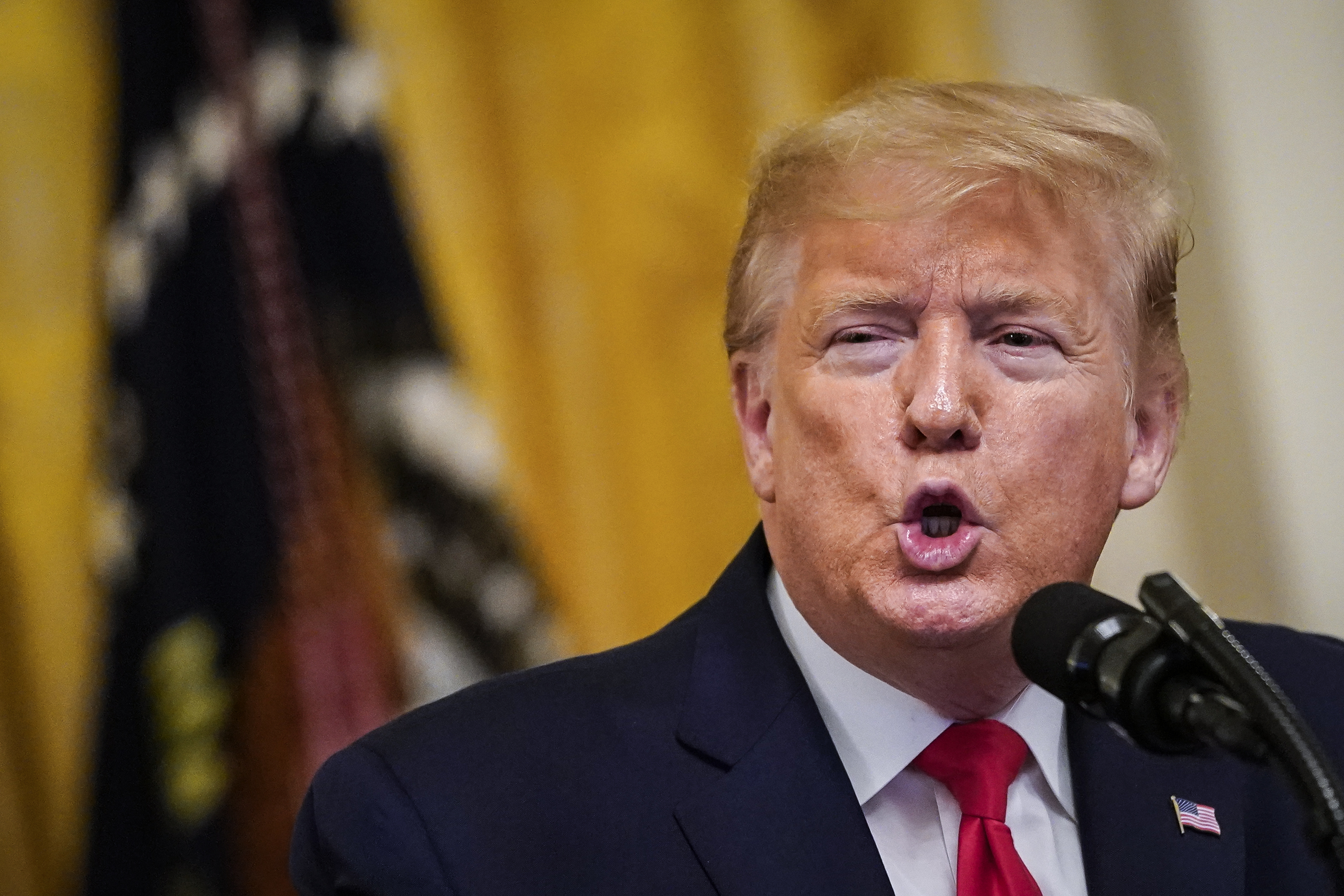Supreme Court lets Trump administration go ahead with public charge rule restricting legal immigration


A free daily email with the biggest news stories of the day – and the best features from TheWeek.com
You are now subscribed
Your newsletter sign-up was successful
Immigrants may now face visa and citizenship restrictions based on their past or hypothetical future use of public benefits.
In a 5-4 decision Monday, the Supreme Court allowed the Trump administration's public charge rule to take effect nationwide. The rule would restrict immigrants who are considered or could later be considered a "public charge" from gaining legal status, and comes despite multiple prior courts striking down the rule.
The Monday decision came along ideological lines, with the court's four liberal justices dissenting from the majority opinion. U.S. District Judge George Daniels previously struck down the rule, mirroring critics who've called it a "wealth test" for immigrants by saying the rule is "repugnant to the American dream." Daniels had also placed an injunction on the rule's implementation due to a likely appeal to the Supreme Court, and the higher court lifted that injunction Monday.
The Week
Escape your echo chamber. Get the facts behind the news, plus analysis from multiple perspectives.

Sign up for The Week's Free Newsletters
From our morning news briefing to a weekly Good News Newsletter, get the best of The Week delivered directly to your inbox.
From our morning news briefing to a weekly Good News Newsletter, get the best of The Week delivered directly to your inbox.
The theory of a public charge rule has existed for decades, but wasn't codified until the Trump administration drew up this rule in 2017. The rule targets people attempting to legally immigrate into the U.S. by assessing if they have used public benefits such as food stamps in the past, or if they might use them after gaining legal status. If the government determines a person is or could become a "public charge," they can block a person from getting a visa, green card, citizenship, and other forms of legal status.
A free daily email with the biggest news stories of the day – and the best features from TheWeek.com
Kathryn is a graduate of Syracuse University, with degrees in magazine journalism and information technology, along with hours to earn another degree after working at SU's independent paper The Daily Orange. She's currently recovering from a horse addiction while living in New York City, and likes to share her extremely dry sense of humor on Twitter.
